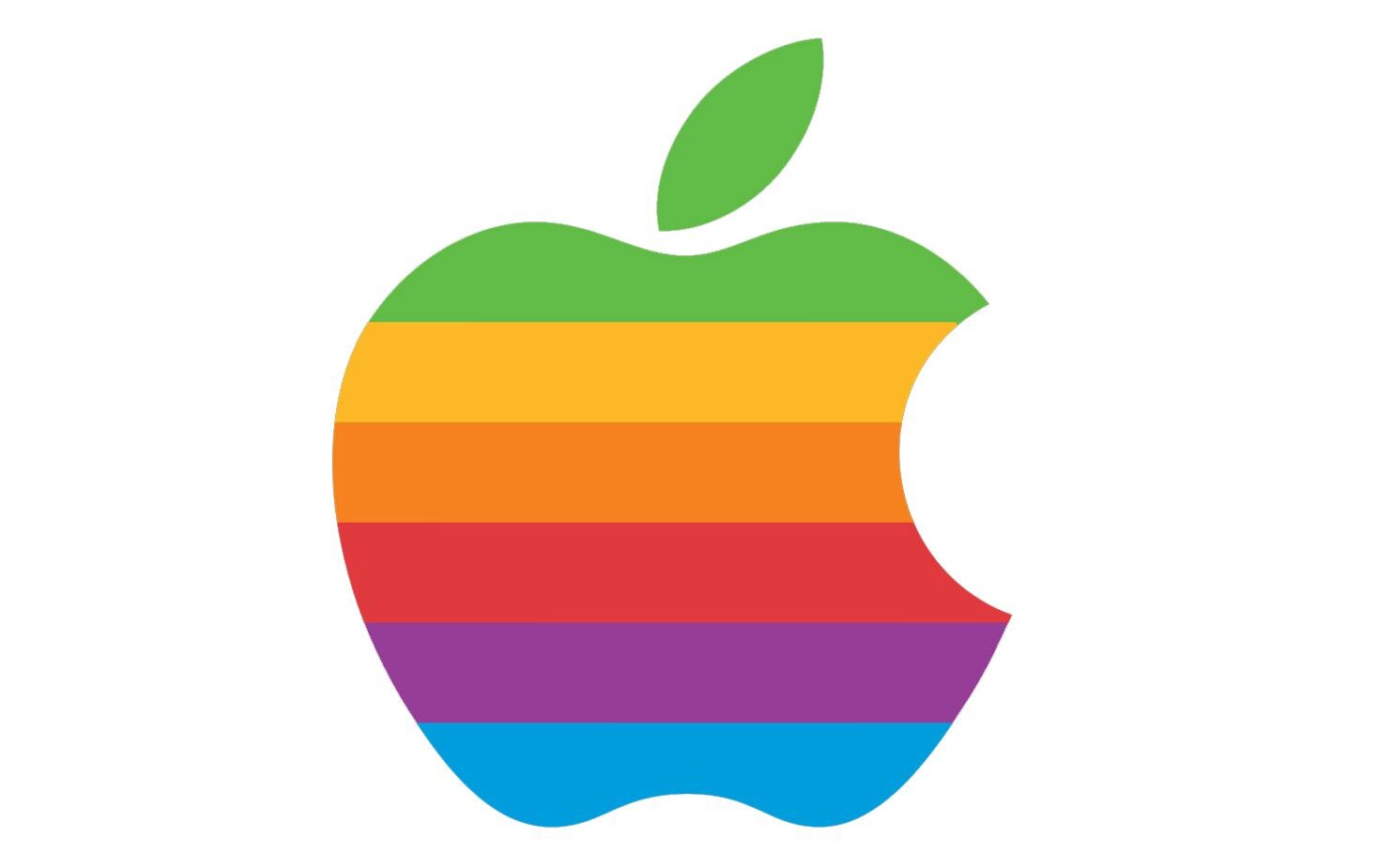As an IT professional, you play a critical role in the digital infrastructure that powers the modern workplace. Your expertise allows organizations to leverage technology to enhance productivity, collaboration, and innovation.
While the specific duties vary, IT jobs center on the implementation, administration, maintenance and support of an organization’s technology systems and infrastructure. This overview explores key responsibilities, required qualifications, career paths and the promising outlook for IT roles. Understanding the IT landscape equips you to maximize your impact and advance professionally in this dynamic, fast-paced field. With technology only becoming more integral to business operations, skilled IT professionals will remain in high demand.
IT Job Description: Key Responsibilities and Daily Tasks

Provide Technical Support
A core responsibility for IT professionals is providing technical support to users within their organization. This involves troubleshooting hardware, software, network or system issues. You’ll need strong problem-solving skills to diagnose problems and implement solutions quickly.
Maintain Systems and Networks
Keeping systems running smoothly is critical. Daily tasks include monitoring performance, installing updates and patches, configuring new hardware/software, and ensuring data security. You’ll perform regular maintenance, backups, and testing to prevent downtime.
Manage Projects and Documentation
IT staff often lead technology projects from planning to implementation. This requires coordinating with stakeholders, developing timelines, delegating tasks, and providing status updates. Maintaining accurate documentation is key for knowledge sharing.
Analyze Data and Optimize Processes
Monitoring system performance data allows you to identify bottlenecks and areas for improvement. You’ll analyze metrics, create reports, and optimize processes for greater efficiency. Suggesting new tools or methods enhances productivity.
Train Users and Provide Guidance
Ensuring users understand how to properly utilize technology is important. You’ll develop training materials, conduct sessions, and offer ongoing support. Strong communication skills help explain complex concepts clearly.
Keep Up with Emerging Technologies
The IT field is rapidly evolving. Continuous learning is essential to stay current on new technologies, programming languages, cybersecurity threats, and industry best practices. Reading publications and attending events expands your expertise.
IT Job Requirements: Education, Skills and Certifications
In the dynamic field of information technology (IT), landing a rewarding job requires a combination of formal education, specialized skills, and industry-recognized certifications. As technology continues to evolve, employers seek candidates with a diverse range of qualifications to meet the ever-changing demands of the digital landscape.
Educational Background
While the educational requirements may vary depending on the specific IT role, most employers prefer candidates with a bachelor’s degree in computer science, information systems, or a related field. These programs provide a solid foundation in programming, networking, database management, and other core IT concepts.
However, some entry-level positions may be available for individuals with an associate’s degree or relevant technical training, particularly in areas such as computer support or network administration.
Technical Skills
In addition to formal education, IT professionals must possess a wide array of technical skills to succeed in their roles. Some of the most sought-after skills include:
- Programming languages (e.g., Java, Python, C++, SQL)
- Operating systems (e.g., Windows, Linux, macOS)
- Networking and cybersecurity
- Database management and administration
- Cloud computing and virtualization
- Project management and agile methodologies
Staying up-to-date with emerging technologies and continuously honing these skills is crucial for career growth and adaptability in the ever-evolving IT landscape.
Industry Certifications
Earning industry-recognized certifications can significantly boost an IT professional’s credibility and marketability. These certifications demonstrate proficiency in specific areas and often require passing rigorous exams. Some of the most respected IT certifications include:
- CompTIA A+, Network+, Security+
- Cisco Certified Network Associate (CCNA)
- Microsoft Certified Solutions Expert (MCSE)
- Amazon Web Services (AWS) Certified Solutions Architect
- Project Management Professional (PMP)
Obtaining these certifications not only validates technical expertise but also showcases a commitment to continuous learning and professional development – highly valued traits in the IT industry.
By pursuing the appropriate education, cultivating relevant technical skills, and earning reputable certifications, aspiring IT professionals can position themselves for success in this dynamic and rewarding field.
Different IT Roles and Career Paths
The field of information technology (IT) offers a diverse array of career paths and roles to explore. As you embark on your professional journey, it’s essential to understand the various options available to align your skills and interests with the right path.
System Administrators
System administrators are responsible for ensuring the smooth operation and maintenance of computer systems and networks. They install, configure, and troubleshoot hardware and software components, implement security measures, and monitor system performance. These professionals play a vital role in maintaining the IT infrastructure of organizations.
Network Administrators
Network administrators are tasked with designing, implementing, and managing computer networks within an organization. They oversee the setup and maintenance of network hardware, such as routers, switches, and servers, ensuring efficient data transfer and communication. Additionally, they implement security protocols to safeguard the network from potential threats.
Database Administrators
Database administrators are responsible for the design, implementation, maintenance, and security of an organization’s databases. They ensure data integrity, optimize database performance, and develop backup and recovery strategies. These professionals play a crucial role in managing and protecting an organization’s valuable data assets.
Software Developers
Software developers are the creative minds behind computer programs and applications. They analyze user requirements, design software solutions, write code, test applications, and maintain existing software. Software developers can specialize in various areas, such as web development, mobile app development, or enterprise software development.
Cybersecurity Professionals
With the increasing threat of cyber attacks, cybersecurity professionals are in high demand. They are responsible for protecting an organization’s computer systems, networks, and data from unauthorized access, theft, or damage. Roles within cybersecurity include security analysts, ethical hackers (penetration testers), and security architects.
IT Project Managers
IT project managers oversee the planning, execution, and successful delivery of IT projects within an organization. They coordinate with cross-functional teams, manage resources, mitigate risks, and ensure projects are completed on time and within budget. Strong communication, leadership, and organizational skills are essential for this role.
These are just a few examples of the diverse roles and career paths available in the IT industry. As technology continues to evolve, new opportunities will emerge, allowing you to explore and expand your skillset in exciting and rewarding ways.
IT Job Outlook and Salary Potential
Promising Career Growth
The outlook for IT jobs is extremely promising. As businesses increasingly rely on technology and digital solutions, the demand for skilled IT professionals continues to rise rapidly. You can expect excellent career growth opportunities and job security in this ever-evolving field.
Emerging technologies like cloud computing, cybersecurity, data analytics, artificial intelligence, and the Internet of Things are driving much of the increased need for IT expertise. With the right qualifications, you’ll be well-positioned to capitalize on these booming areas.
Lucrative Earning Potential
In addition to strong job prospects, IT careers often command competitive salaries and generous compensation packages. The earning potential tends to be quite lucrative, especially as you gain more experience and advance into senior or specialized roles.
According to data from the U.S. Bureau of Labor Statistics, the median annual wage for computer and information technology occupations was $97,430 in May 2021 – significantly higher than the median for all occupations of $45,760.
Salaries can vary considerably based on factors like your specific role, employer, location, education level, and years of experience. But generally speaking, IT is recognized as one of the higher-paying career paths available.
Opportunities for Advancement
With dedication and continued skills development, there is ample room for upward mobility in the IT field. Many professionals start in entry-level positions like computer support specialists or web developers, then move into more advanced roles as systems administrators, network architects, cybersecurity analysts, and beyond.
Earning IT certifications, pursuing further education like a master’s degree, and acquiring specialized expertise can all help accelerate your career advancement. Experienced IT professionals often have opportunities to move into managerial or executive-level positions overseeing entire departments or teams.
The future is undoubtedly bright for qualified IT professionals. By choosing this dynamic career path, you can look forward to promising job prospects, lucrative earning potential, and plenty of chances to grow and advance over time.
READ ALSO: Top Jobs for Recent Graduates in Canada
FAQs
What skills are needed for an IT job?
A successful career in IT requires a blend of technical and soft skills. You’ll need a solid grasp of computer systems, networks, databases, and programming languages. Problem-solving, analytical thinking, and attention to detail are crucial. Additionally, communication, customer service, and project management abilities are highly valued.
What qualifications do I need for an IT role?
Most entry-level IT positions require at least a bachelor’s degree in computer science, information technology, or a related field. Relevant certifications, internships, or work experience can give you a competitive edge. For specialized roles, advanced degrees like a master’s in cybersecurity or data analytics may be preferred.
What are the different IT career paths?
The IT field offers diverse career paths, including computer systems analysis, network administration, database management, cybersecurity, software development, and technical support. As you gain experience, you can specialize in areas like cloud computing, artificial intelligence, or project management.
What is the job outlook for IT professionals?
Employment in computer and information technology occupations is projected to grow 15% from 2021 to 2031, much faster than the average for all occupations (Source: Bureau of Labor Statistics). The increasing adoption of cloud computing, cybersecurity needs, and emerging technologies fuel this demand.
How can I stand out in the IT job market?
Stay up-to-date with the latest technologies and industry trends. Pursue relevant certifications, attend workshops or conferences, and consider freelancing or personal projects. Building a professional online presence, networking, and showcasing your skills through a portfolio can help you stand out.

